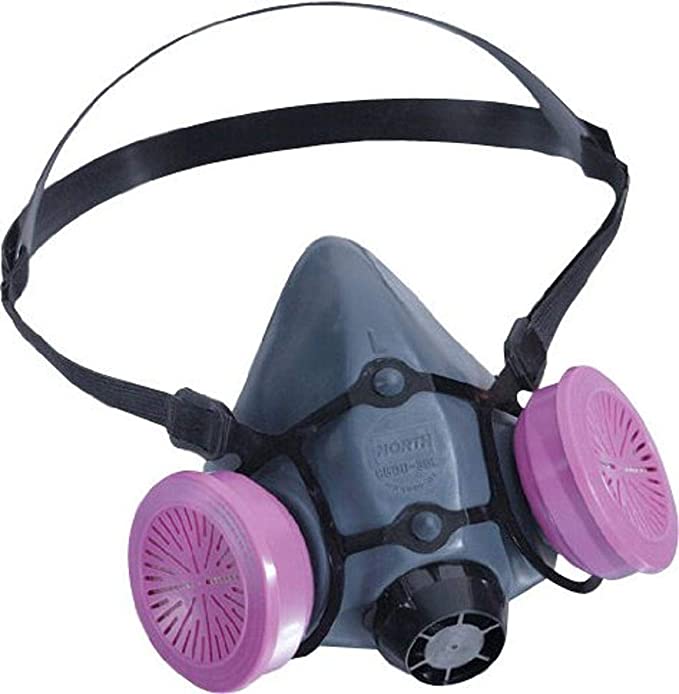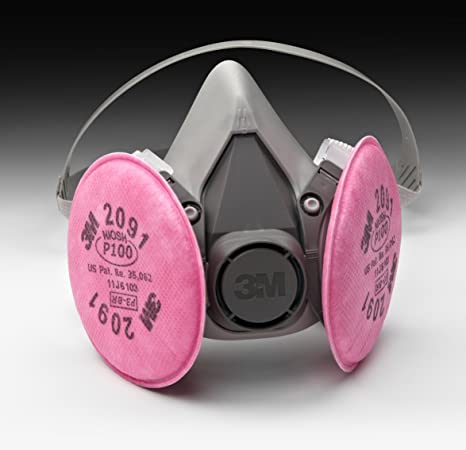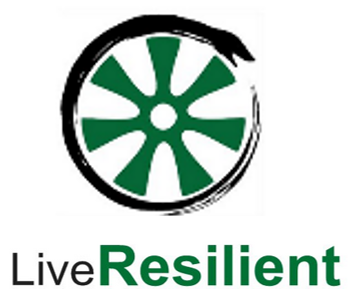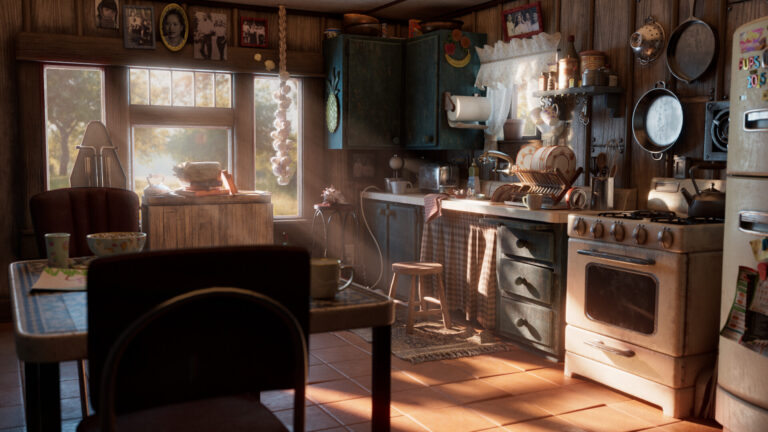Summer is here, and in California, that means we can expect the imminent arrival of massive wildfires. Three of the last four years (2018, 2020, 2021) have seen large wildfire events that blanketed the North of the state in ash clouds for up to months at a time.
General advice is to stay in your home, close doors and windows, and run A/C or air purifiers to filter the air inside. However, if you don’t have A/C, or have to go outside to work (especially for extended periods or in a strenuous way), there are measures you can take to protect yourself. Here we will review personal filtration equipment from least to most protective.
Cloth or fabric masks, bandanas, face socks, and shemaghs offer minimal protection. The thread weaves of these masks do block larger ash particles, but are unable to prevent smaller particles in non-visible sizes from getting in. If cloth masks are your only option, then doubling up layers and reducing the ability of air to get in through the sides of the masks will boost their efficacy. Swap these masks out and clean them on occasion.
After that are N95 or KN95 masks. These will filter down to the micron level and below, blocking 95% of the larger particles and the small particles comprising most wildfire smoke. They do not prevent gases, vapors, or many of the smallest particles (such as asbestos or lead) from getting through, but if you are not in the immediate wildfire area this should not be as much of a concern. N95’s can be worn for up to a couple days, but should then be discarded.
Next are P100 level masks. These are reusable masks, typically made of rubber, which take disposable filters. P100’s will block essentially all particulate matter from the air and with organic chemical cartridges can also block noxious gasses.
We used P100’s extensively on the environmental cleanup of the 2020 Wildfires in the North country. There are 2 main manufacturers of P100 masks and filters: 3M and Honeywell. I used both during last year’s disaster recovery work.
I’m partial to the Honeywell. The cartridges are disposable, but they can have their life extended during non use by capping or taping over their outside filters. I also found the mask much more convenient to take on and off without unstrapping.
The 3M P100 mask, however, was also adequate. The typical pancake filters, once locked in, are not able to have their life extended once fitted – but these filters are much cheaper than the Honeywell cartridges.


Both manufacturers’ basic P100 masks come in at around $25. Honeywell P100 cartridges start at around $13 per pair and 3M P100 pancake filters cost $8 per pair. Cartridges with organic vapor protection start at $25 per pair for both manufacturers.
These masks may not offer a large improvement in protection if you are in a typical urban area away from the fires and engaged in typical office work, thus able to stay inside for longer periods when the smoke is very bad. However, if you are expecting to be outside and physically engaged during typical work, or you live in a wildfire area, these masks could provide a significant improvement to N95’s in future fire events.
On the upper end of the protection scale for personal filtration systems are military surplus or civilian gas masks with cartridges designed for NBC (Nuclear, Biological, Chemical) protection. These masks offer full face protection, ensuring that nothing gets around their filters. Typically, these have expensive cartridges based off the 40mm NATO standard, making them impractical for non-emergency use. However, they can be fitted with an adaptor to allow them to be used with P100 cartridges – making them more practical for typical scenarios while still offering the fallback to full capability when necessary.
Care should be taken when selecting military surplus gas masks, as most of the time they cannot be relied upon due to being past their service life. MIRA is a reputable civilian gas mask maker, and also offers a range of SCBA (Self Contained Breathing Apparatus) models if you find the need to move past filtration to carrying around your own air supply.


